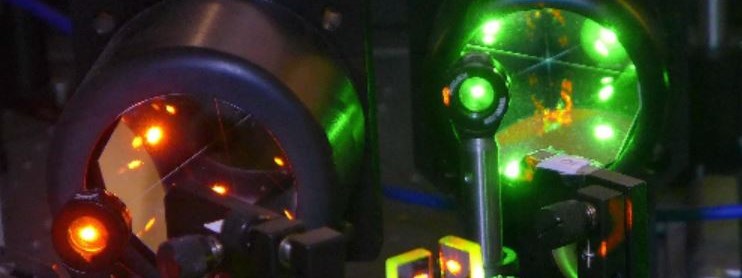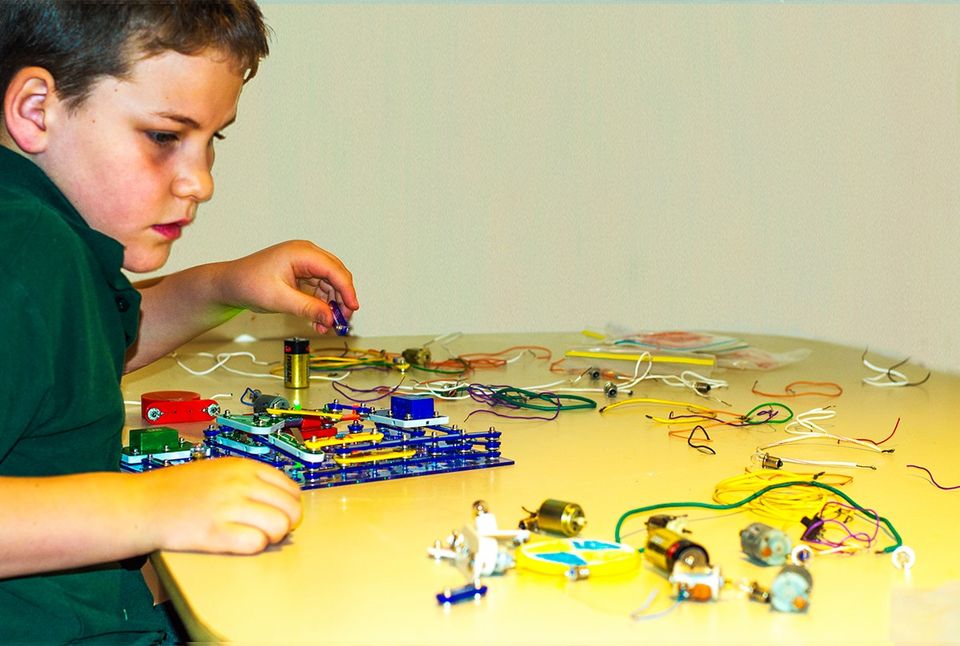Over the years, FLEET has conducted a variety of outreach events with schools and the general public. Most of the events were evaluated using recognized pre- and post-evaluation methods to understand the impact of the event relative to our strategic goals. The methods are outlined in the reports below. This page contains the reports for all evaluated events from 2021 ...
Forces and energy: Quantum energy
Checking out Einstein and going quantum Quantum and classical physics both have the concept of energy in common. The conservation of energy still applies in quantum physics the same way it does in classical physics. The difference is in the math used to calculate energy and work. In quantum physics it is all about probability – the energy something has ...
Forces and energy: Electricity and sustainable energy
Electrical energy Electrical energy also has many forms. For example, lightning, is a form of static electricity. You witness static electricity also when you rub a balloon against your hair. One of the most useful forms of electrical energy for humans is when it is generated from a current, which occurs when electrons flow through a circuit. It is the ...
Forces and energy: Kinetic, potential, conservation and transformation
Forms of energy The two broad forms of energy are potential and kinetic and each have different types, which we outline in more detail below. Others energy forms include sound and thermal energy. We will focus on potential and kinetic here. Light could also be considered a form of energy, but it gets interesting because is has both particle and ...
Forces and Energy: Energy and Work
What do we mean by energy? Energy is the capacity of a physical system to do work or cause a change. We will examine what this means in detail below, but to help establish students’ baseline understanding of energy get students to do Activity 1. What is energy? Why is understanding energy important? When we design and build stuff important ...
FLEET Schools: Forces and Energy
This unit covers: What is energy Different forms of energy Conservation/transfer of energy Generation of electricity Critical thinking about the human use of electricity, its implications and the role of the scientists and society Curriculum links The resource content and activities are linked to the Victorian and Australian curriculum. See the following curriculum codes: Year 4 ACSSU076 (investigating the effect ...
FLEET Schools
FLEET Schools is a resource for primary and secondary teachers, and students to engage with physics and chemistry, and to learn and think about the research problems FLEET is working on. That problem is our ever increasing energy requirements coming from our rapidly increasing demand for computation. Think Internet of Things, AI, driverless cars, smart phones and gaming. To solve ...




